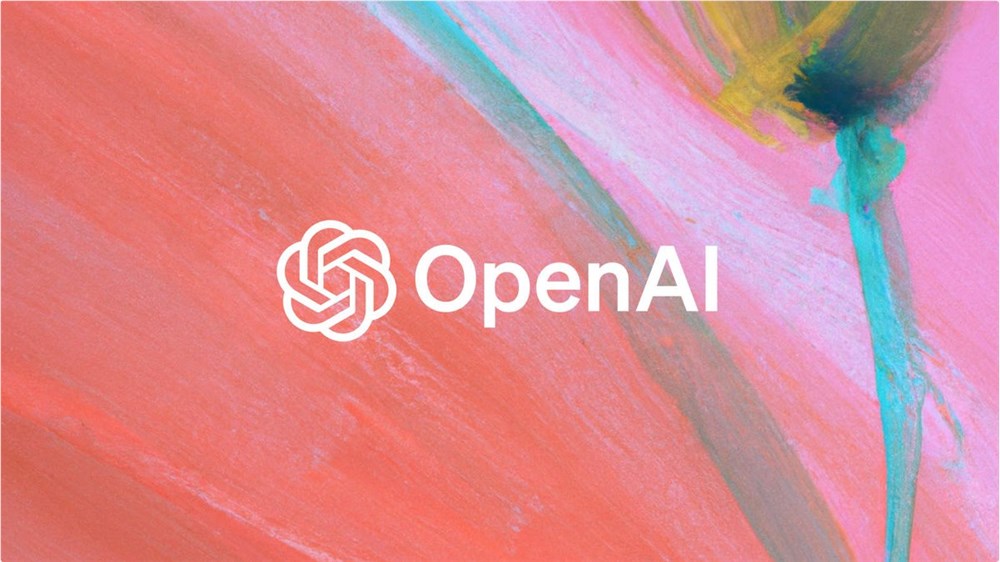At the World Economic Forum in Davos, many technology leaders have made an outlook on the future development trend of artificial intelligence. Executives from OpenAI, LinkedIn, Qualcomm and other companies jointly discussed key issues such as the rise of artificial intelligence agents, the impact of artificial intelligence on workplace skills, and the privacy advantages of local AI deployment. They believe that artificial intelligence technology is developing at an unprecedented rate and will profoundly change the way we live and work. In the next few years, artificial intelligence will transform from a simple Q&A tool to an intelligent assistant that can complete practical tasks, bringing huge opportunities and challenges to both individuals and businesses.
At a forum in Davos, Switzerland, Kevin Weil, Chief Product Officer of OpenAI, said on January 21 that we are on the verge of an artificial intelligence agent. He predicts that by 2025, ChatGPT will not be just a smart tool that can answer various questions, but a "smart assistant" that can complete specific tasks for users in the real world.

Weill stressed that AI agents will soon be able to handle many daily trivial matters in the future, which often make people feel annoying, such as filling out forms, booking restaurants, etc. He firmly believes that this technological advancement is unquestionable and that users will experience unprecedented convenience.
Meanwhile, LinkedIn CEO Ryan Roslansky noted that artificial intelligence is constantly changing the skills people need in the workplace. He mentioned that the skills required for all jobs have changed by an average of 25% since 2015, suggesting that the impact of AI is accelerating and that this trend will continue to strengthen for the rest of the 21st century.
In the forum, Weil and Roslansky had an in-depth discussion with the Axios hosts on how to develop an AI strategy for future workplaces. Roslanski said that when leveraging artificial intelligence, companies must adapt to new skills requirements, which requires more flexible workflows and mindsets.
In addition, Don McGuire, senior vice president and chief marketing officer at Qualcomm, also shared the privacy benefits of local AI. He mentioned that deploying artificial intelligence on enterprise's own servers can better protect data privacy and security.
With the continuous advancement of technology, many companies are beginning to see positive returns on AI investments. Andrew Ng, founder of Deep Learning AI, mentioned that companies that are not training models from scratch can now be at a lower level. The cost of using these powerful foundation models to build valuable applications.
Overall, Weill and his peers are full of expectations for the rise of artificial intelligence agents in 2025, believing that both companies and individuals should plan ahead to seize the upcoming opportunities.
Points:
In 2025, artificial intelligence agents will be able to complete actual tasks for users, beyond simple question and answer functions.
Artificial intelligence is changing skills needed in the workplace, with skills changing by 25% since 2015.
Local artificial intelligence deployment can improve data privacy and security, and the returns on enterprise investment in AI are gradually emerging.
In short, artificial intelligence technology is developing at an unprecedented speed, bringing profound changes to all walks of life. Enterprises and individuals should actively embrace change and adapt to new challenges and opportunities in the era of artificial intelligence in advance in order to gain an advantage in future competition.